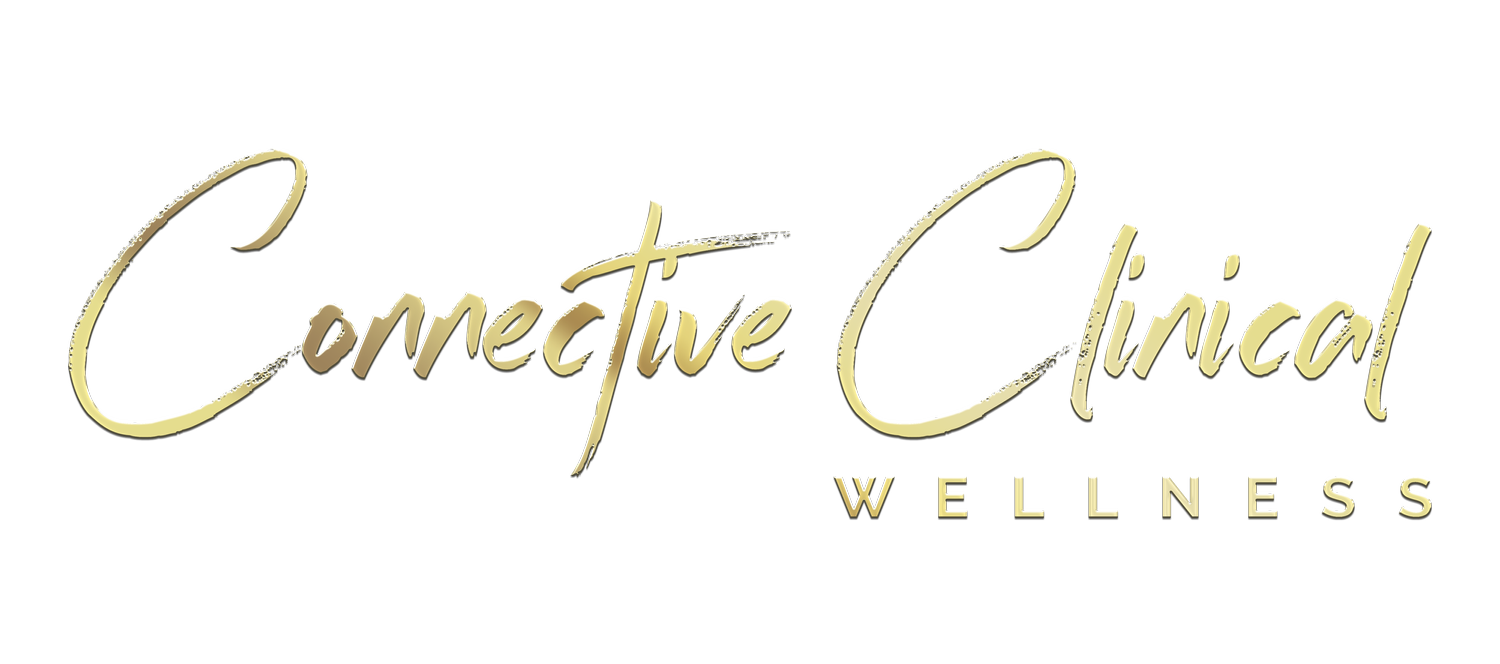How To Prepare For Therapy
So you’ve just decided to start counseling. Congratulations! You’ve just taken an important step in showing up for yourself and validating your needs. Mental health is health and is equally important as seeing your medical doctor for check ups or to address illnesses. That aside, I want to share some important tips that can help you prepare for therapy.
Understand your why
Think about the following questions: Why am I seeking therapy right now? What problem am I hoping to address? What do I need? When deciding to begin therapy, it’s important to identify what has led you to this need. For example, a lot of clients begin therapy because they are experiencing anxiety, depression, addiction, relationship problems, have survived a trauma, want to learn coping skills, to achieve emotional regulation, want to understand themselves better, or want judgment free support. Understanding your why can assist both you and your therapist in determining the best course of treatment for you.
Consider your goals for therapy
Goals are your roadmap for therapy. They tell you were you are and where you want to get to; without goals there is just mindless wondering immersed in problems. As a therapist, we want to turn mindlessness into mindfulness with intention. Ask yourself the following question: In a perfect world, what do I want my life to look like? If I complete therapy, how do I hope my life will be different? That is a great strategy to building effective therapeutic goals.
Goals should also be SMART. That means Specific, Measurable, Achievable, Relevant, and Timely.
Your therapist will help you develop a well-defined goal(s) that you can easily measure your progress towards, typically using evidence-based questionnaires. These are goals that don’t set you up for failure, they’re realistic, and they actually make a difference in the area(s) you’re coming to counseling for. While I’m sure you’re future or existing therapist loves working with you, therapy isn’t meant to last forever. Your goal should be timely, meaning there is a realistic time frame in which we hope to achieve your goals. With that in mind, some things do take time to process and perhaps resolve in therapy, and that’s ok.
Find the right therapist (green flags)
Ok, I’m going to give you all the insider knowledge I can here because I REALLY want you to get a good therapist that fits what you need, even if that isn’t us at Connective Clinical Wellness, LLC.
First, there are multiple types of professional disciplines, with varying degrees of licensure, that work under the title of “therapist.” Let’s unpack that:
Counselors- Licensed Professional Counselor (LPC) is the first level of licensure for counselors and are under supervision of an LPCC-S, Licensed Professional Clinical Counselor (LPCC) is the fully licensed mid-career level counselor no longer requiring supervision, and Licensed Professional Clinical Counselor with a Supervision Designation (LPCC-S) the highest level of counselors, are all Masters Degree level therapists that have a degree specifically in Professional Counseling that includes an emphasis on counseling theories and modalities.
Chemical Dependency Counselors- Chemical Dependency Counselor Assistant (CDCA), Licensed Chemical Dependency Counselor II (LCDCII), Licensed Chemical Dependency Counselor III (LCDCIII), and Licensed Independent Chemical Dependency Counselor (LICDC) are also professionals who are specifically certified or licensed to treat substance use disorders. Mental health treatment is outside their scope of practice.
Social Workers- Licensed Social Worker (LSW) is the first level of licensure for social workers and are under supervision of an LISW-S, Licensed Independent Social Worker (LISW) is the fully licensed mid-career level social worker no longer requiring supervision, and Licensed Independent Social Worker with a Supervision Designation (LISW-S) the highest level of social worker, are all Masters Degree level therapists that have a degree specifically in Social Work that includes multidimensional aspects of biology, psychology, and sociology.
Psychologists- Psychologists are Doctorate level therapists, typically holding a Doctorate of Philosophy (Ph.D), or a Doctorate of Psychology (PsyD). Psychologist training typically is either research based or practice based and often includes evidence-based psychological testing.
Psychiatrists- Psychiatrists are licensed Medical Doctors (DO or MD) that have had extra training and specialization in psychiatry. Their focus is mainly on psychotropic medication prescribing and management rather than counseling.
Psychiatric Nurse Practitioners- Nurse practitioners are Registered Nurses that have completed a Masters Degree in Nursing and have had an additional one year of post Masters training specifically in psychiatry. Again, their focus is mainly on psychotropic medication prescribing and management rather than counseling.
I cannot stress this enough…you want to find someone that is licensed. This means a licensing board has vetted their knowledge, education, and practical experience and has approved them to practice mental health therapy. This protects the public from people who are not skilled or qualified to treat mental health.
Here’s some therapist “green flags” for you to consider when choosing a therapist:
You feel heard and understood
They create non-judgmental space for you
You feel respected
They are professional and transparent
You leave feeling empowered
You notice positive progress
You feel safe bringing up concerns about therapy itself
They tailor therapy to fit your particular needs
They admit what they don’t know
They are reliable and consistent
Therapy feels like a collaborative partnership
Show up with authenticity
Last, and equally important, just show up and be you. Let the process of therapy unfold. Give yourself the space and permission to be and participate. Remember, therapy isn’t all on you; you can rely on your therapist too. This is a collaboration.
I hope you found this information helpful. If you’re ready for therapy we’re ready to help.
All the best,
Trisha Owsley, LPCC-S, LICDC-CS

